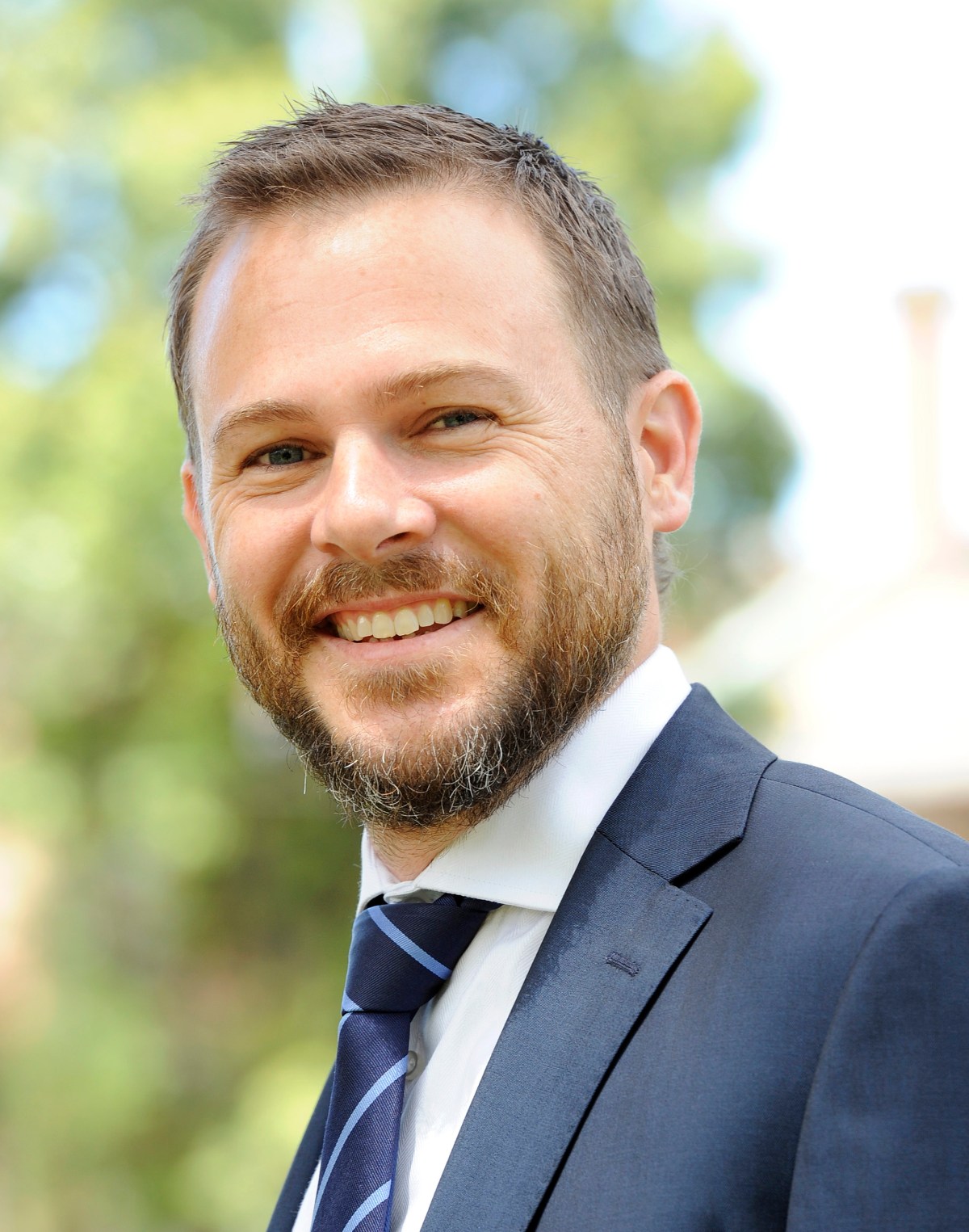Stuart is CEO and Co-Founder of The Good Business Foundation, and Chief of Staff, Office of The President at, The Confederation of Asia-Pacific Chambers of Commerce and Industry (CACCI)
What was your first job?
Picking grapes (I grew up near Mildura). I learned the value of hard work, how little fruit picking pays and the heat of the sun.
When did you know you wanted to work in finance/business?
To be honest, I never wanted to work in finance and business. My father managed a community credit union as well as a social enterprise of sorts helping refugees and migrants with no credit history access home mortgages. He used to dress in a suit every day and go to an office. I thought that was so lame. So I became an activist getting arrested at climate change rallies and travelling to East Africa to live and volunteer in communities there.
But like so many of us, we end up becoming our parents! I have found that the best thing I can do as a white male is to influence white male dominated arenas of power like business and finance to try and move it toward greater social and environmental impact (and hopefully greater diversity!).
When did you first discover the concept of Impact Investing?
I came across the term about 5 years ago. Being dyslexic I devoured every podcast on the topic including the Good Future podcast (no this is not a paid endorsement). Seriously though the Good Future Podcast is the best way to get started in understanding Impact Investing. In the beginning it all seemed so straight forward, it was like a ‘finding religion’ moment. But as I went on I realised the psychology of money, and the entrenched social frameworks that prevent us all from investing (as well as giving) to create good rose to the surface.
Given these psychological and social barriers I am keen on engaging with people to give them an experience of impact investing rather than getting the ‘big deal’ done. I believe people have the power to change but for many it takes time, and for most it is intergenerational.
What’s one exciting development you and your team have in the pipeline?
We are looking at a number of deals at the moment. I think the most exciting ones are those that are not established as purely social (or environmental) enterprises or plainly commercial ones from the outset.
Park is one of those businesses that’s trying to disrupt the sportswear industry in providing ethically and environmentally sound products, starting with soccer. The model isn’t perfect but it is accelerating the gap between commercial and consumer interest with values driven business. I think a brand like Park gives us an insight to what all business should and will look like in the future.
What was the most interesting impact deal (from any team across Asia/Pacific) in the past 12 months?
Personally I love the work of Shuyin Tang at the Beacon Fund. Many Impact Investors in emerging markets are looking for unicorns with hockey stick growth. This, they claim, will accelerate impact and ultimately create ‘impact at scale’. Without commenting on that type of Impact Investing directly, I would say that given my work in developing/emerging nations there is a risk in ‘picking winners’ and creating even greater inequality and social disharmony.
When I came across Beacon, a debt Fund focused on slower growing, yet solid small and medium sized women led businesses, it spoke to me. The only way we are going to create economic development that lifts people and communities out of poverty, whilst at the same time reducing (or at least not exacerbating) inequality, is to foster the small and medium sized impact business community.
Name one high impact company that investors should keep their eye on?
I think ATEC is a huge opportunity and really a no brainer. Having worked in (and having family in) places like East Africa there is a rising middle class looking for affordable and clean cooking solutions. The reality is that if we can move people to things like the eCook stove it will reduce health and environmental challenges whilst at the same time allowing people to continue to cook their food. The sector across Asia, the Pacific and Africa have been looking for something like this for probably 20 years (if not more). With solar and other renewable energy becoming more stable (and affordable) I think something like ATEC’s eCook stove will take off.
What’s your vision for impact investing in 5 years time?
I hope we will see more and more businesses that have social and environmental elements of impact baked into them from the outset.
We are seeing an alignment (and acceleration) between peoples values, whether it is investors, consumers and employees, and business. My vision is that we don’t have huge social enterprise forums or impact investing forums (although these will be still needed to some degree for innovation and advocacy), but that we just have investments where our consumer, workplace and investor decisions align well with the products and services that surround us. Wouldn’t we all sleep better at night?

